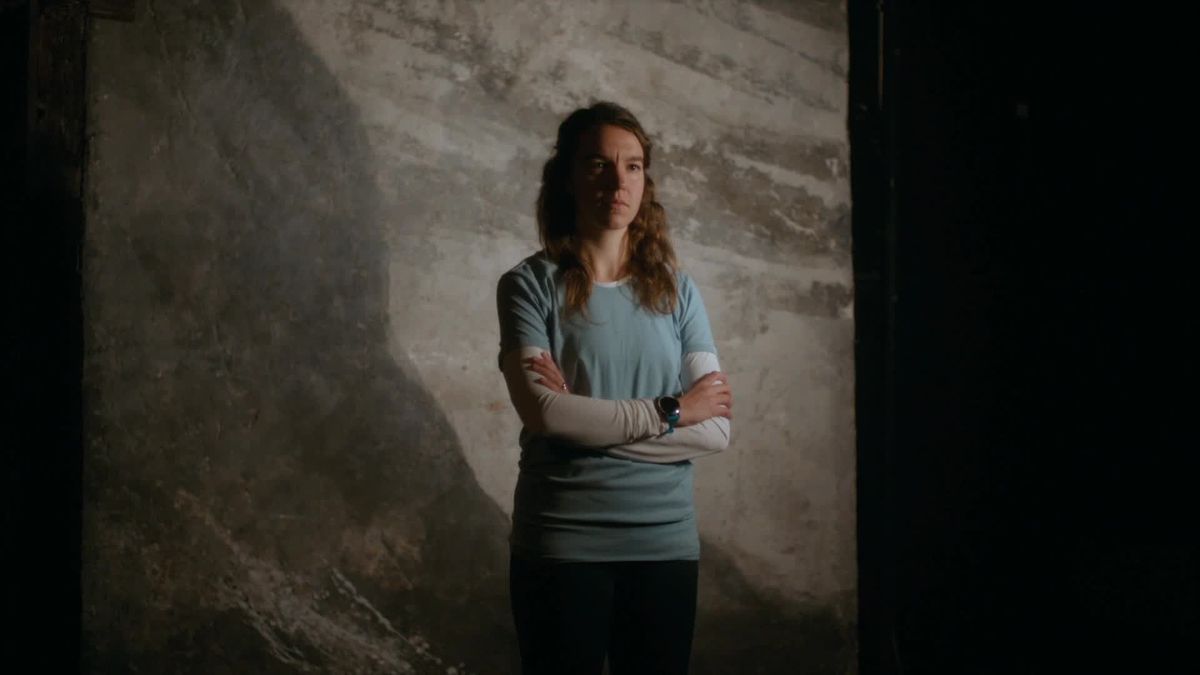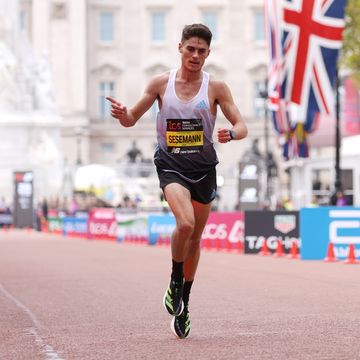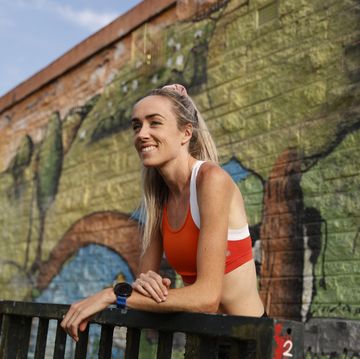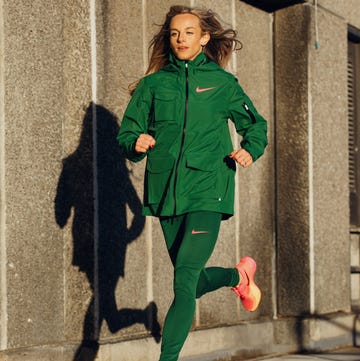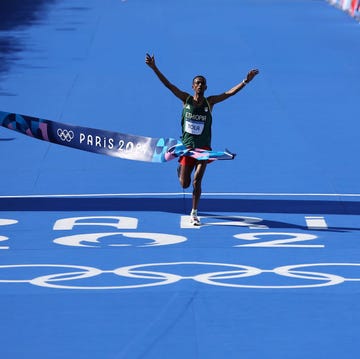On Wednesday (7 August), the USA’s Noah Lyles lined up for his 200m semi-final at the 2024 Paris Olympics, having already delivered a dramatic gold medal-winning performance in the 100m. He finished second, qualifying comfortably for the 200m final – and yet he did not stop to talk to the media in the mixed zone afterwards.
That was unusual for Lyles. The extroverted, attention-grabbing reigning world champion in the 100m, 200m and 4 x 100m relay – an unmatched character both on and off the running track – isn’t one to pass up the opportunity to speak. But, instead of seeking the spotlight at that time, he was reported to be seeking medical treatment.
Just one day later (8 August), on the night of the Olympic 200m final, the world discovered why Lyles had been so uncharacteristically elusive. Shortly after sprinting to bronze in the race, Lyles revealed to trackside reporters that he was suffering from Covid. According to Lyles, the American 200m record holder, he had first tested positive for the infection on the morning of 6 August – two days earlier.
What everyone's reading
Letsile Tebogo of Botswana won the 200m final in a scorching time of 19.46 seconds, earning his nation its inaugural Olympic gold medal and becoming the first-ever native African to achieve this title. The USA’s Kenny Bednarek placed second in 19.62 seconds, while countryman Lyles clocked 19.70 seconds to come third.
Although Lyles turned heads by leaving the track in a wheelchair, he then went through the mixed zone – the subterranean room at the Stade de France where athletes talk to the media – on foot. He was masked as he answered questions from reporters.
The 27-year-old sprinter said that he started to feel poorly at about 5am on 6 August, experiencing fever, chills and a sore throat before a test confirmed it to be Covid. However, despite his illness, Lyles said that dropping out of the 200m was ‘never a thought’, and that he was about 90-95% healthy by the time he’d arrived at the 200m final.
He said that he kept his diagnosis extremely private, so as not to give to his competitors an advantage. But, race tactics aside, Lyles’ participation in the event throws up some big questions. What are the rules about competing at the Olympics with Covid? And should Lyles have been made to retire from his race?
The answer is short, but not necessarily that simple: it’s up to the athlete.
A report published in Scientific American has noted that officials at the Paris Olympics are treating Covid like any other respiratory illness. While athletes share rooms in the Olympic Village, single rooms are still available for those who test positive for the infection. Plus, athletes who are sick are encouraged to wear face masks, wash their hands frequently and avoid contact with others.
As such, at these Games, there is no rule stating that athletes with Covid must not compete. If the athlete feels too unwell to perform, then it is their decision to pull the plug.
After contracting Covid, Australian swimmer Lani Pallister withdrew from the 1500m in order to save energy for a later race. An unnamed Australian water polo player also went into self-isolation after testing positive for the infection. However, according to Anna Meares, the Australian Olympic Team’s Chef de Mission, Covid was not something that they were addressing with severity. ‘I need to emphasise that we are treating Covid no differently to other bugs like the flu,’ she said. ‘This is not Tokyo.’
At the 2020 Olympics in Tokyo, to which Meares referred, athletes were subject to frequent testing and competed in empty stadiums and arenas, as fans were not allowed to attend.
Many track and field athletes who have talked to reporters in Paris have said that illnesses are circulating around the Olympic Village. Norwegian middle-distance talent Jakob Ingebrigtsen spoke to media while wearing a face mask after the 1500m final on Tuesday (6 August), although this was just thought to be a precaution ahead of his subsequent efforts in the 5000m. American Grant Fisher, who won bronze in the 10,000m, even chose to avoid the Olympic Village altogether and fly back to altitude in St. Moritz, Switzerland, before the start of his Olympic 5000m campaign.
Immediately after attaining his bronze in the 200m, Lyles said that it was unclear whether he would take up a place in the USA’s 4 x 100m relay team. ‘I’m going to be honest and transparent with them and let them make the decision,’ he said. ‘I believe that no matter what happens, this 4 x 100m relay team can handle anything.’
Then, a few hours later, Lyles took to Instagram to post an update on his situation. ‘I believe this will be the end of my 2024 Olympics,’ he said.
USA Track & Field shared a written statement on the night of the 200m final, in response to the events that unfurled. It said, in part: ‘Our primary commitment is to ensure the safety of Team USA athletes while upholding their right to compete. After a thorough medical evaluation, Noah chose to compete tonight. We respect his decision and will continue to monitor his condition closely.
‘As an organisation, we are rigorously adhering to CDC, USOPC and IOC guidelines for respiratory illnesses to prevent the spread of illness among team members, safeguarding their health and performance.
Meanwhile, Bednarek, the newly-crowned Olympic 200m silver medalist, said that he wasn’t aware of many cases of Covid going around the Olympic Village. He didn’t know that Lyles had Covid ahead of the race – and he said that it didn’t bother him.
‘Sometimes, I’m just carefree and minding my own business,’ he noted. ‘There was a message that there was something going around, but I haven’t seen anything.’
In 2023, researchers published a literature review in Frontiers in Physiology to determine whether high-intensity activity could be dangerous for someone with Covid. While intense exercise does come with proven benefits – such as improved cardiovascular function and metabolic health – the researchers concluded that it does influence your levels of stress hormones (adrenaline, noradrenaline and dopamine) if you are suffering or recovering from Covid. This may make your Covid symptoms more severe.



